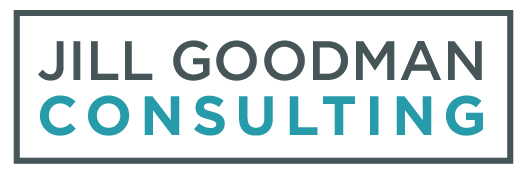Are You Making the Right Decision?
The most confident person in the room can and generally will affect decision making after a group discussion. That is the premise of research conducted by Barbara Meller and Ike Silver at the University of Pennsylvania. This concept has fascinating implications for schools and non-profits governed by a volunteer board.
"Listening to the most confident person is a good strategy when the most confident person also happens to have pretty good judgment."–Ike Silver
How does that affect board level or administrative level decisions at your organization? I recently wrote about how an independent school could come to the point of permanent closure. In light of Meller and Silver's new research, what might be considered poor decision-making could be classic group think swayed by the person to which the group has attributed the most confidence.
Though organizations strive for a diverse and inclusive governing body, where do we, as a society, still place our confidence in decision-making? Many years ago, I served on a leadership team where I was one of just a few women, and I felt that everyone in the group was a bit more advanced in their career. Over two years, the group made several decisions that did not make sense to me, and I feared that the organization was on the wrong path. When I attributed confidence to one or two in the group and minimized my contribution, I removed my voice in the proposed strategy. Though they were confident, they were not able to judge the situation correctly.
How can we make sure that everyone is heard, and is there a way to remove our bias toward the most confident person in the room? It's hard to tell if the confidence is justly acquired or not. Here are a few strategies to get closer to eliminating the confidence bias:
· Solicit input from every person in the room, regardless of their level of shyness. Be sure all participants know the expectation to contribute to the decision.
· Ask each participant to poke holes in their theory or decision suggestion. By openly questioning their statement, group participants can learn the thought process behind it.
· Ask the group to weigh in on the topic in advance to a neutral party. The list of suggestions will be distributed back to the group for discussion without the benefit of knowing who suggested which idea.
I continue to be inspired by the strides we have made in inclusivity at the organizational governance level. I am hopeful that with these strides, all leaders have gained new skills at self-advocacy and articulating a thoughtful, well-researched vision to an audience of peers without fear.
I would like to hear about governance, leadership, and confidence bias at your organization!
The author, Jill Goodman, is a consultant working with independent school leaders to advance their school’s mission, enhance their processes, and bolster their skills.



